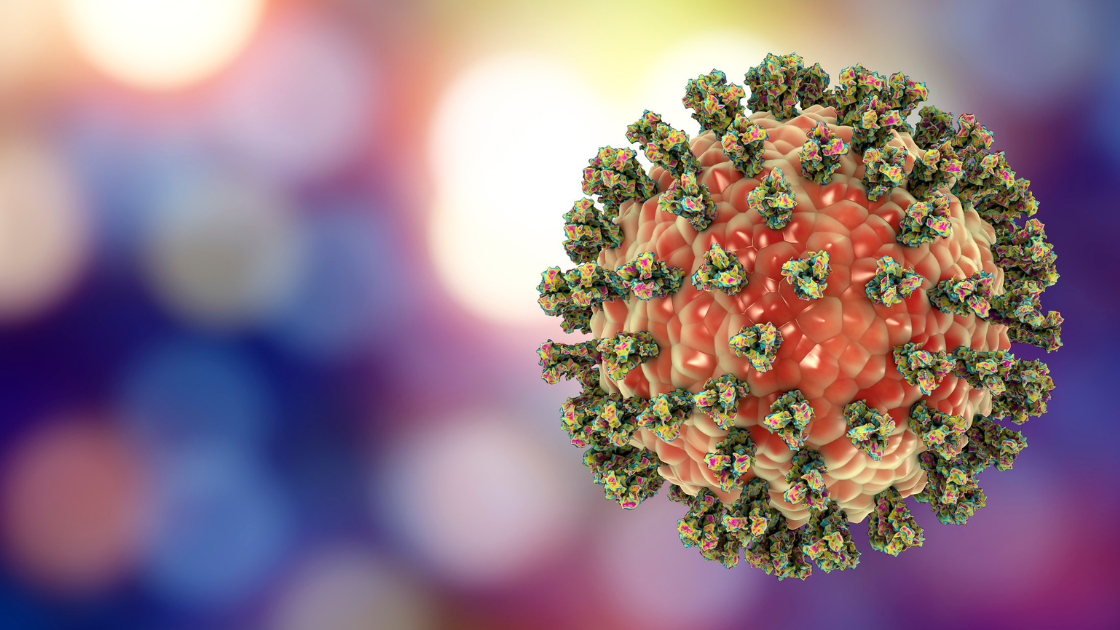Could Parasites Be Causing Your Symptoms?
Presented by Immanence Health
There are three classes of parasites that can cause disease in humans:
Protozoa: microscopic, one-celled organisms
Helminths: large, multicellular organisms, generally visible to the naked eye in adult stage
Ectoparasites: organisms that attach or burrow into the skin of a host to feed on their blood and skin tissues . These include bed bugs, fleas, flies, lice, mites, mosquitoes and ticks
SIGNS & SYMPTOMS:
Some signs and symptoms linked with parasitic infections include:
- Abdominal bloating and gassiness
- Constipation
- Diarrhea
- Nausea
- Vomiting
- Abdominal pain or discomfort
- Greasy stools, or stools that float in the toilet bowl
- Gallbladder and bile duct disease
- Loss of appetite
- Difficulty gaining weight or difficulty losing weight
- Symptoms of dehydration
- Not feeling satisfied after a meal
- Nutrient deficiencies
- Fatigue, exhaustion
- Skin rashes
- Hives
- Eczema
- Skin itching
- Anal itching
- Achy joints
- Muscle pain
- Coughing
- Bladder problems
- Headaches
- Insomnia
- Teeth grinding at night
- Symptoms worse around full moon (sometimes also new moon)
- Seizures
- Anemia
- Autoimmune disease
DIAGNOSIS:
Although parasitic infection in humans are very common, diagnosis is challenging.
I find that with a good history and the use of Autonomic Response Testing (ART) it is possible to identify parasites and to find effective treatments.
TREATMENT:
I like to use homeopathic remedies, supplements and herbs, topical application of castor oil over the liver, coffee enemas, digestive bitters and binders to help support drainage and detox pathways.
Some of the remedies with antiparasitic properties that I use when treating parasites include:
- Berberine
- Ozone / ozonated oils – in a form of a rectal suppository or oral capsule / drops
- Wormwood (Artemisia annua)
- Mimosa pudica (commonly known as the sensitive plant, or touch-me-not)
- Garlic (Allium sativum)
- Black walnut (Juglans nigra)
- Fig (Ficus carica)
- Neem (Azadirachta indica)
- Antiparasitic pharmaceutical medications – albendazole (Albenza), iodoquinol, ivermectin, mebendazole, Mepacrine, nitazoxanide (Alinia), praziquantel (Biltricide), pyrantel pamoate
Keep in mind that parasites can harbor other pathogens such as viruses, fungi and bacteria as well as heavy metals and other toxicants, which can all weaken the immune system and make a person more prone to getting parasites and also more resistant to treatment.
In order to successfully treat parasitic infections a holistic approach to treatment is needed.
Working through these types of issues can have a huge positive impact on helping to clear the parasitic infection and resolve physical symptoms.
About Dr. Irina Strelyuk
Dr. Strelyuk specializes in Complex Chronic Illness, Mold and Mycotoxin Illness, Vector-Borne Illness, Immune Dysfunction, and Health Optimization.
A typical patient for Dr. Strelyuk is someone who has already seen several doctors and specialists. A person with relatively normal lab results that do not match the long list of symptoms they are experiencing, as well as individuals who tend to be more sensitive to various treatments including herbs, supplements, and homeopathic remedies.
In addition to working with people with chronic illnesses, Dr. Strelyuk enjoys supporting individuals who are interested in preventative medicine and in optimizing their health before symptoms appear.
To learn more about working with Dr. Irina Strelyuk in person or virtually (US and Worldwide), set up a free discovery call with our team.
Disclaimer: this post is for informational purposes only and is not meant to treat, diagnose, cure, or prevent any disease. Please do your own research and consult with your own personal licensed health care provider before making any treatment decisions.
References:
Disclaimer: this post is for informational purposes only and is not meant to treat, diagnose, cure, or prevent any disease. Please do your own research and consult with your own personal licensed health care provider before making any treatment decisions.
Share Article

Dr. Christine Schaffner
Founder / Physician
Dr. Schaffner is a board-certified Naturopathic Doctor and recognized thought leader. After graduating from Bastyr University in Seattle, Washington, Dr. Schaffner completed her undergraduate studies in Pre-medicine and Psychology at the University of Virginia in Charlottesville.
With her diverse skill set, Dr. Schaffner seeks to improve access, outcomes, and speed of recovery for patients struggling with chronic illness, from all around the world and combines both naturopathic and conventional therapies to develop individualized treatment plans that focus on addressing the underlying cause of complex chronic illness.
Dr. Schaffner is passionate about educating patients, as well as other practitioners, bringing the most advanced medical protocols to all, as well as creating spaces for healing and rejuvenation. Her style of practice is strongly rooted in traditional naturopathic principles, including removing toxins and establishing a strong health foundation in order to achieve optimal health.
You can learn more about Dr. Schaffner at www.drchristineschaffner.com.
Additional Articles


